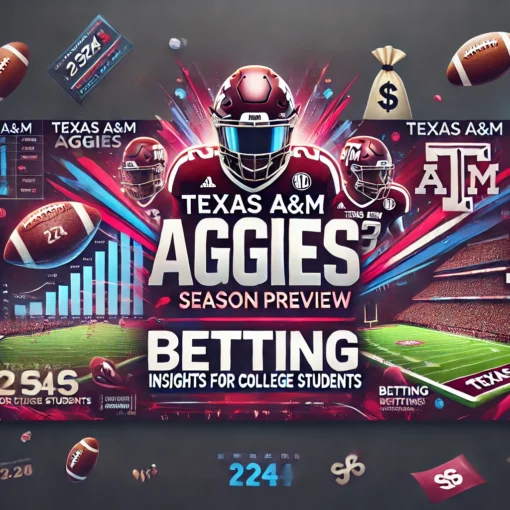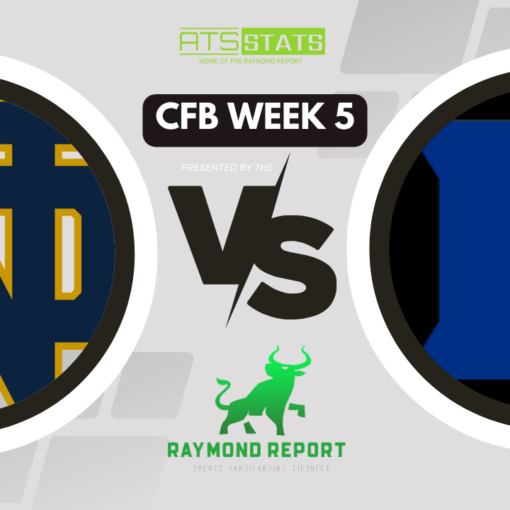In college football, injuries play a significant role in the outcome of games. When a key player is injured, it can greatly impact a team’s performance and ultimately affect the betting lines. To make informed bets, bettors must consider injury reports when making their decisions.
What are Injury Reports and Why Do You Need Them?
Injuries are an unavoidable aspect of sports and can occur at any time during a season. In college football, where players often have shorter careers than professional players, injuries can be even more prevalent. This makes injury reports crucial for bettors to track, as they can provide valuable information about a team’s overall health and potential performance.
Additionally, injury reports can reveal important details, such as whether a player will be playing with limited mobility or sitting out entirely. These details can significantly impact a team’s strategy and ultimately affect a game’s outcome. These outcomes include ones that focus on individual player performance and accolades like heisman odds, positional awards odds, and statistical leader odds, among many others.
Factors to Consider When Analyzing Injury Reports
When analyzing injury reports, there are several factors that bettors should consider to make more informed betting decisions. These include:
- Severity of Injury. One of the critical factors to consider is the severity of the injury. A minor injury may not influence a player’s performance, but a severe injury could lead to missed games or limited playing time.
- Positional Importance. Some positions are more critical than others in football, and an injured player in a key position can greatly affect a team’s overall performance. For example, an injured quarterback can significantly impact the team’s offensive strategy and scoring potential.
- Depth Chart.Teams with a deeper roster may be better equipped to handle injuries as they have capable players who can step in and fill the gap. On the other hand, teams with thinner rosters may struggle to perform without their key players.
Utilizing Injury Reports in Betting Decisions
Injury reports can provide valuable insights for bettors, but it is essential to use them correctly. One important tip is to keep checking for updates on injuries as close to game time as possible. This way, you’ll have the most up-to-date info to make better decisions. It’s also smart to look at how injuries might affect a team’s lineup. If a key player is out, the team’s performance could change.
Another thing to consider is trying different bets if a team has many injuries. For example, you could bet on how well an individual player might do instead of just who will win the game. This can give you more options and a better chance to win, especially if injuries are a big factor in the game.
Staying informed about injuries, understanding their impact on teams, and exploring alternative betting options enable you to make more informed and potentially more successful bets on college football games.
Historical Data Analysis
Historical data is one of the most critical factors to consider when analyzing injury reports. Taking a peek at past injury reports can give you valuable insights into how injuries have affected teams in the past.
For instance, if a team tends to struggle after losing important players, this trend could signal their vulnerability to injuries. On the flip side, if a team has a track record of bouncing back and performing strongly even with injuries, it speaks to their resilience and ability to overcome setbacks.
Through the historical injury data, bettors can better understand how injuries have shaped teams’ performances over time. This knowledge can help you make more informed bets based on how different teams have historically responded to injury challenges.
Impact on Betting Decisions
Injury reports can greatly influence betting decisions, particularly in games with close odds. The news of a key player being sidelined due to injury can trigger a ripple effect in the betting world, causing adjustments in the odds and lines as bettors reassess their strategies in light of the latest developments.
Moreover, savvy bettors might explore alternative betting avenues, like prop bets or modified spreads, to adapt to the implications of injuries on a team’s gameplay. These alternative bets offer flexibility and opportunities to capitalize on the potential shift in dynamics caused by injuries.
Recognizing the profound impact of injury reports on betting decisions and embracing versatile betting options allows bettors to better manage the uncertainties of injuries. Being attuned to how injuries can sway the betting landscape and being open to diverse betting approaches can enhance one’s ability to make strategic and informed decisions when wagering on college football games.
The Importance of Timely and Accurate Injury Reports
Injury reports must be timely and accurate for them to be truly valuable. Bettors must track when these reports are available and verify their credibility from trusted sources. Teams may sometimes downplay injuries to throw off opponents, underscoring the need for bettors to cross-reference data from various reliable outlets.
Proactively confirming the validity of injury information can prevent bettors from making misguided decisions based on incomplete or misleading reports. Staying vigilant, double-checking sources, and seeking out reputable updates allows bettors to make more informed choices that align with the actual status of a team’s health. This diligence in evaluating the accuracy and timeliness of injury reports can significantly impact the outcome of betting decisions in college football matchups.
Conclusion
Injury reports can be a valuable tool for bettors in making informed decisions. It is crucial to continue tracking injury reports throughout the season, as they can significantly impact college football games. Thus, bettors must stay updated and use injury reports as part of their betting strategy. By doing so, bettors can gain an edge over other bettors and increase their chances of success in college football betting.





